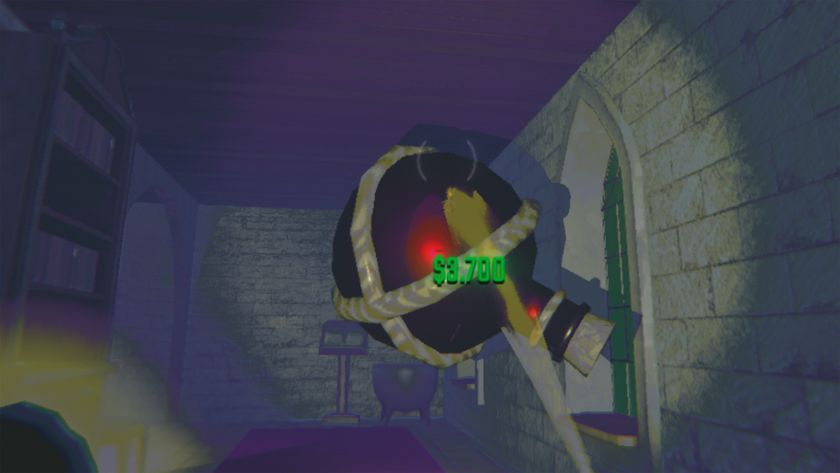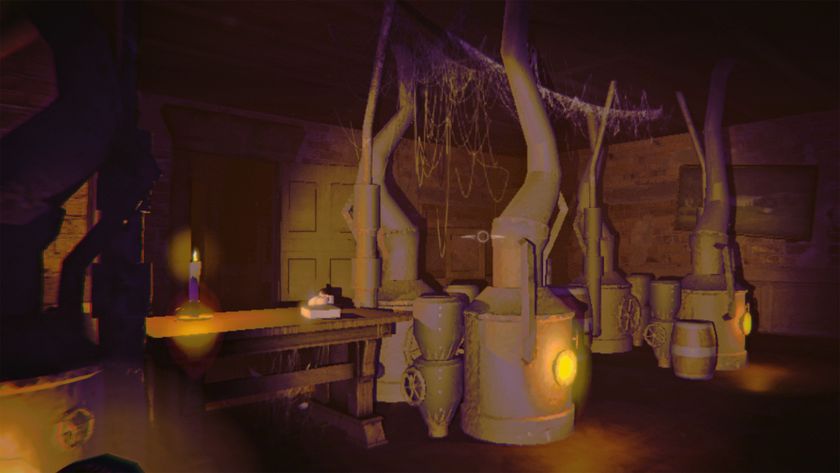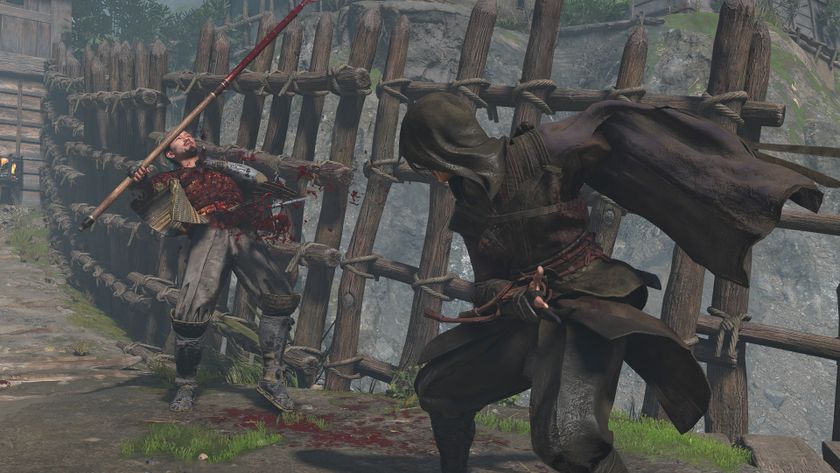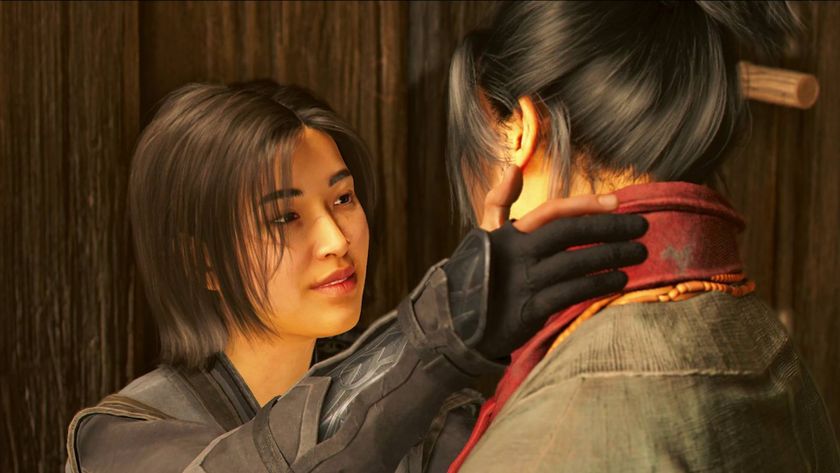Advantage and disadvantage in Baldur's Gate 3 explained
What is advantage and disadvantage in BG3 and how do you get them?
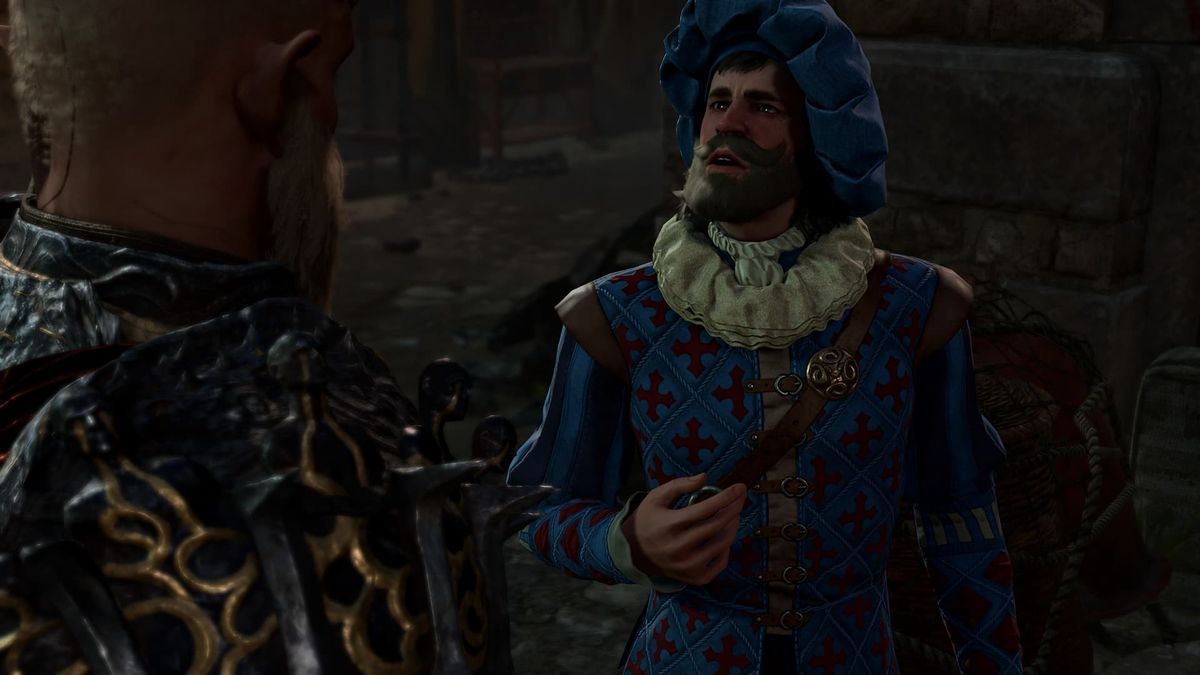
Rolling with advantage and disadvantage in Baldur’s Gate 3 can have a huge impact on skill checks. Each of these adds a second dice to the roll and forces you to take either the higher or lower roll, and can have severe consequences. As Baldur’s Gate 3 is a game where the consequences of your choices really matter, understanding how this works is vital to your playthrough. We’re here to show you what each of these does and how to understand and use this system to your benefit.
What are advantage and disadvantage in Baldur's Gate 3?
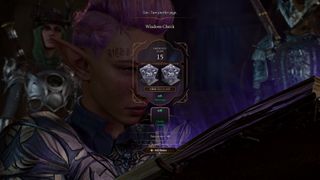
Advantage and disadvantage in Baldur's Gate 3 are special modifiers to dice rolls, both in and out of combat. Here's what they actually do:
- Advantage: Your character rolls the D20 dice twice and takes the higher of the two results.
- Disadvantage: Your character rolls the D20 dice twice and takes the lower of the two results.
Obviously this is a very big factor that can drastically increase or lower your chances, though it doesn't guarantee success or failure either way. Rolling two high numbers means you can still succeed on a disadvantaged check, and rolling two very low numbers means you can still fail even with advantage (and that never feels good).
Aside from that, both rolls have all the usual penalties, modifiers and bonuses they would normally have. It's also important to know that advantage and disadvantage don't stack, but they do cancel each other out. You also can't get advantage or disadvantage on healing or damage rolls, but you can get them on the attacks themselves. So you can get advantage on the roll to hit the enemy, but not on the amount of damage you do when the hit lands.
How do you get advantage and disadvantage in Baldur's Gate 3?
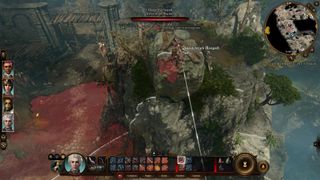
Advantage and disadvantage are gained in all manner of ways in Baldur's Gate 3, usually representing some temporary or situational circumstance that heavily modifies what you're doing. Here are some examples of things that can grant advantage and disadvantage:
- You get advantage on…
- Attacks made while hidden or unseen.
- Attacks made on enemies who are prone.
- Persuasion checks made on characters under the effect of the Friends or Charm Person spell (though you risk Baldur's Gate 3 hostile NPCs attacking afterwards)
- Animal Handling checks after casting the Animal Friendship spell.
- You get disadvantage on…
- Attacks made in darkness when your character doesn't have Darkvision.
- All checks except saving throws while afflicted by the Frightened condition.
- Ranged attacks made on enemies while you are in an enemy's melee range.
Of course, these are just a few examples of a lot of the types of things that can alter the rolls you make. However, you'll be able to see if you have advantage or disadvantage on the check before you commit to making it, so use that to help decide what you do!
© 12DOVE. Not to be reproduced without permission
Sign up to the 12DOVE Newsletter
Weekly digests, tales from the communities you love, and more

Joel Franey is a writer, journalist, podcaster and raconteur with a Masters from Sussex University, none of which has actually equipped him for anything in real life. As a result he chooses to spend most of his time playing video games, reading old books and ingesting chemically-risky levels of caffeine. He is a firm believer that the vast majority of games would be improved by adding a grappling hook, and if they already have one, they should probably add another just to be safe. You can find old work of his at USgamer, Gfinity, Eurogamer and more besides.
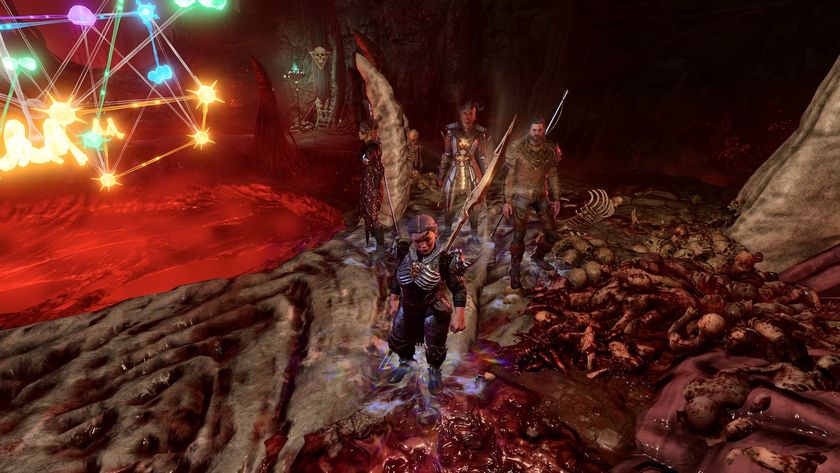
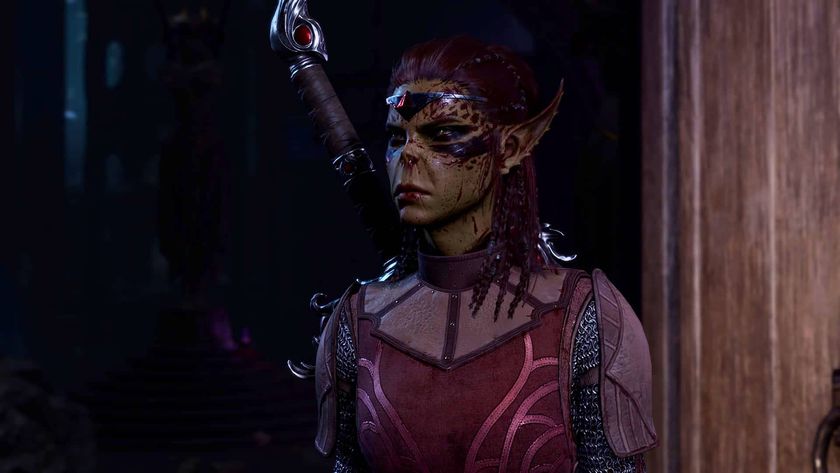
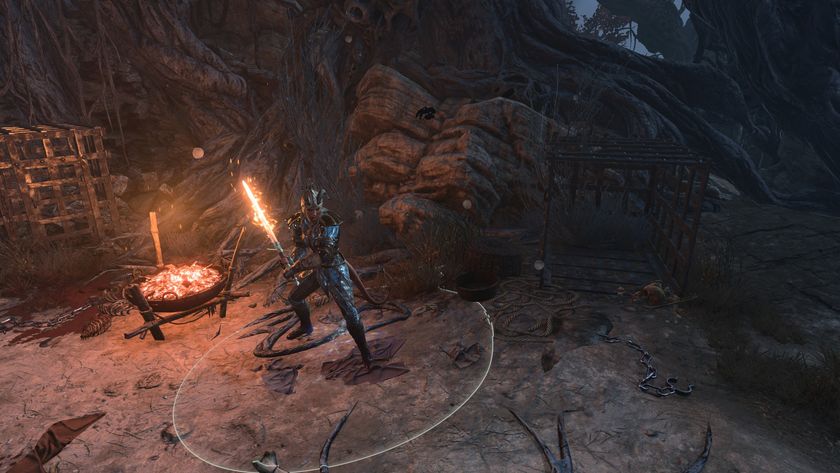
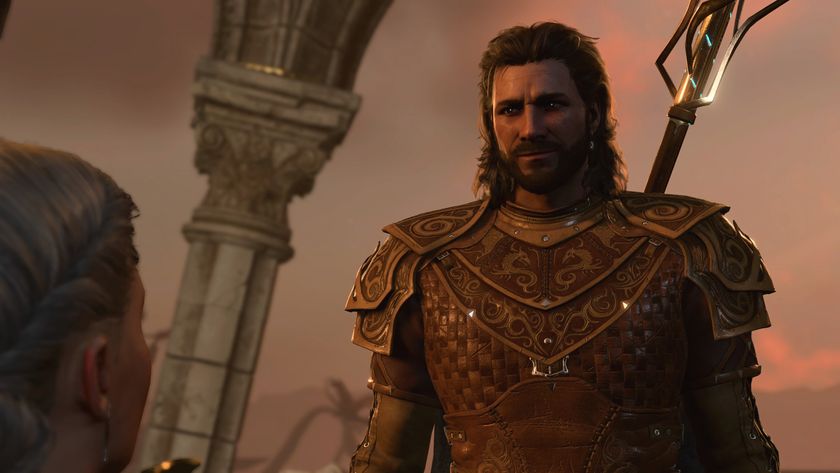
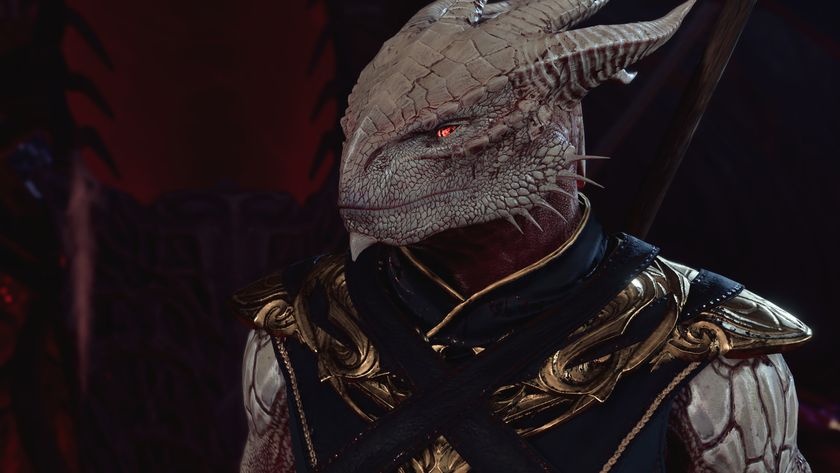
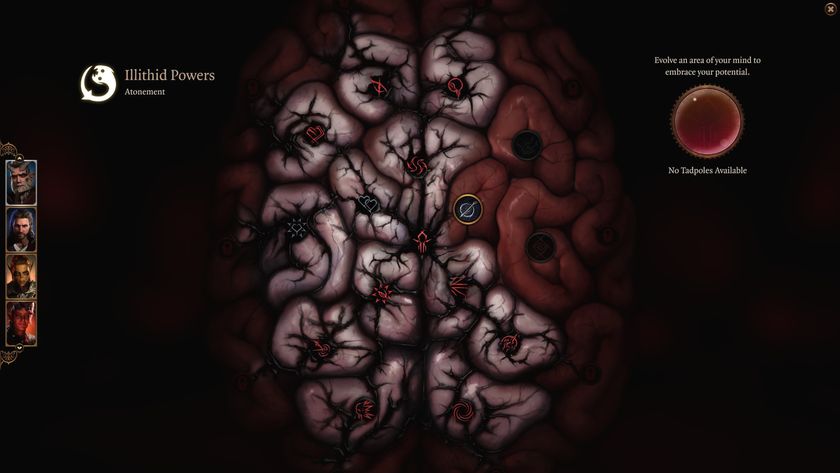
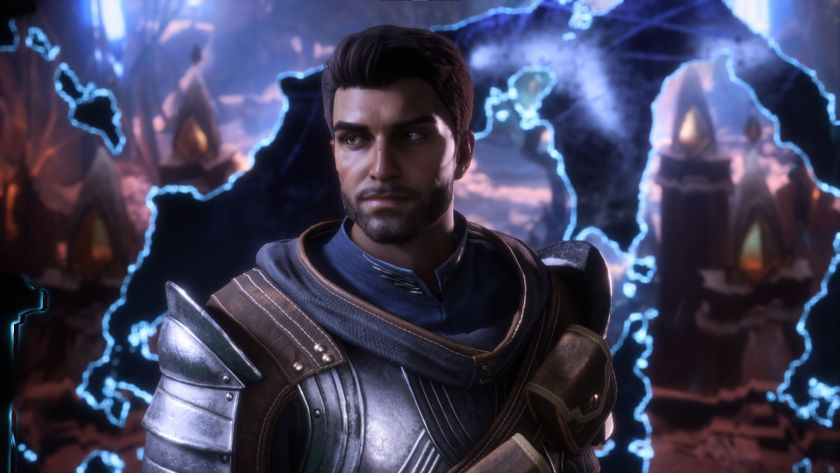
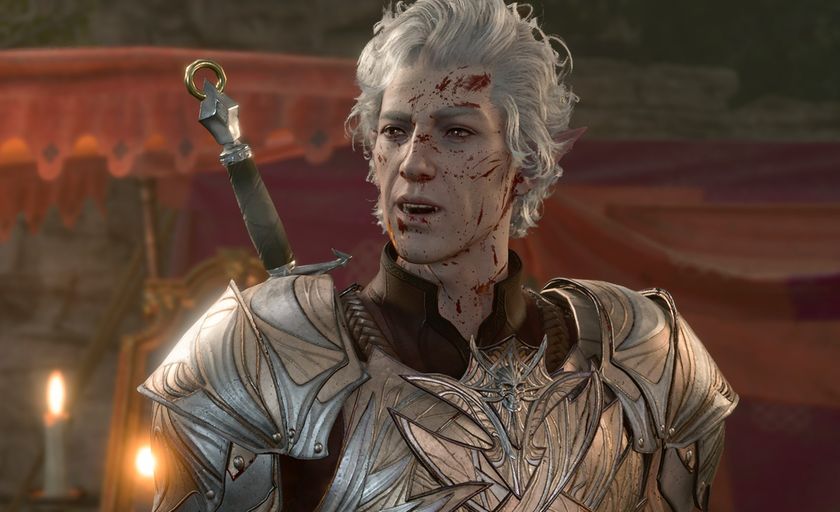
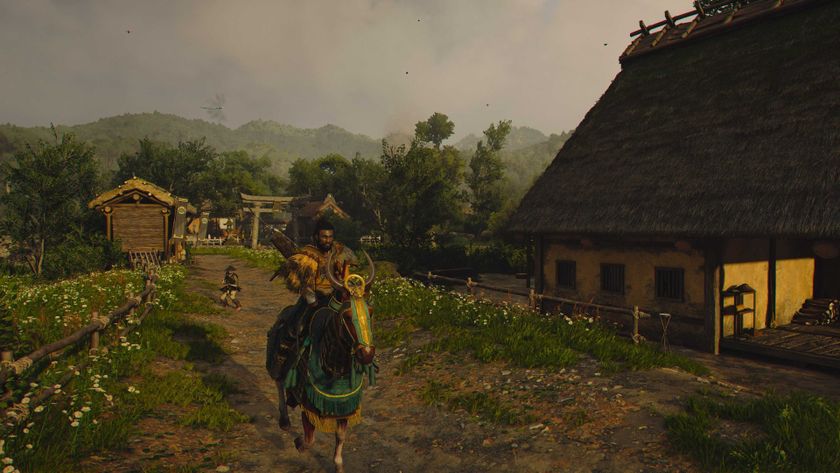

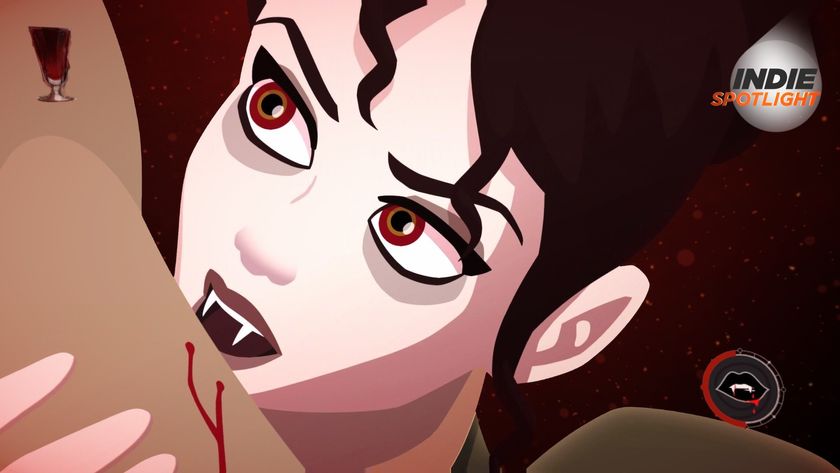
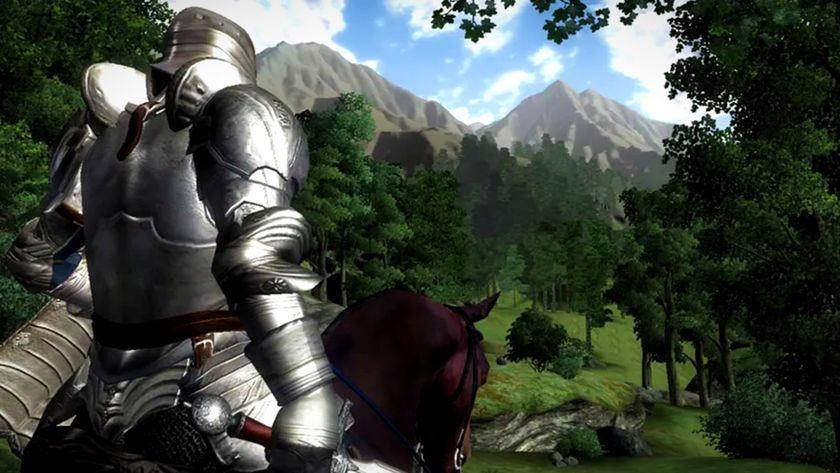
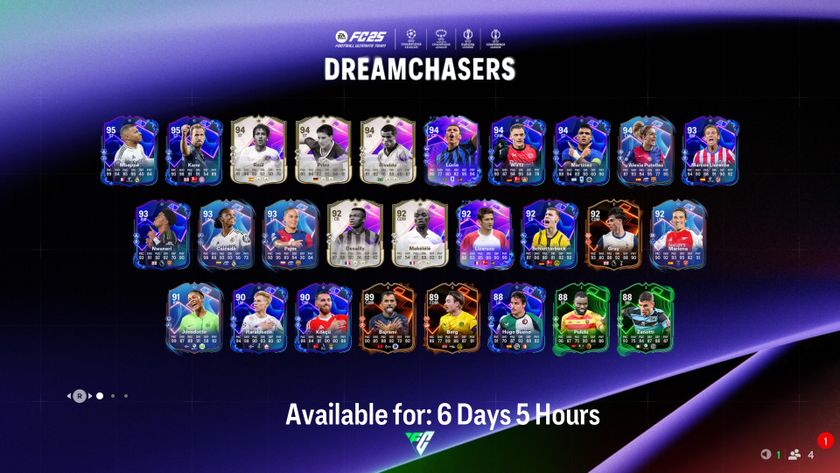
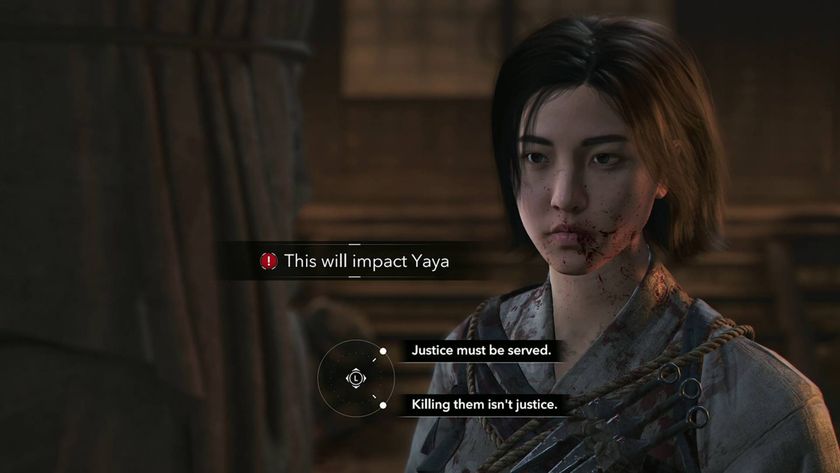

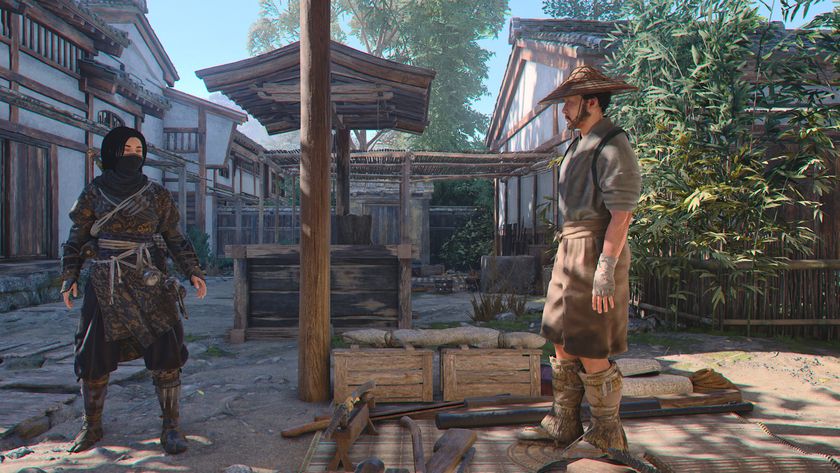



BioWare makes a return to Dragon Age: The Veilguard with a surprise PC update, months after layoffs and a seemingly final patch

Baldur’s Gate 3 Astarion actor Neil Newbon warns games industry that "AI will have deep ramifications" if not properly regulated: "I believe in experiencing life and art through human expression, not software"
